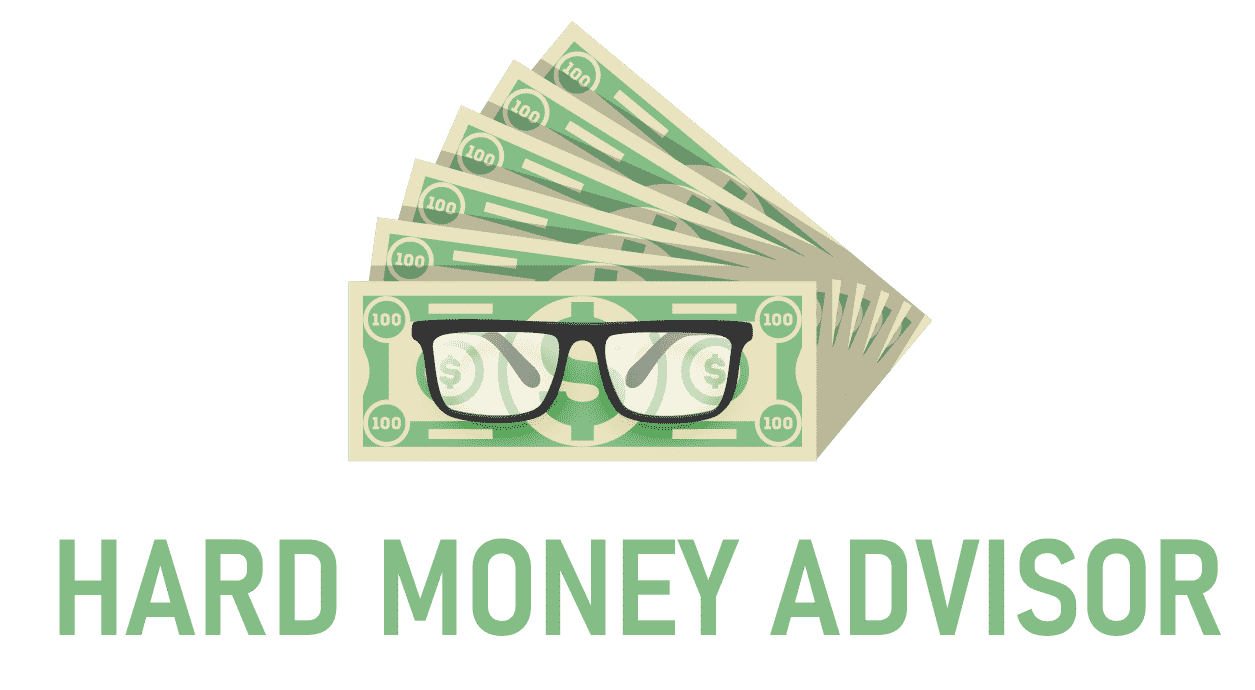Auctions are a great way to buy real estate. There may be situations where you want to use hard money instead of traditional financing. This article will explore the pros and cons of using hard money for auctions and if it’s even possible.
What is Hard Money?
Hard money loans are obtained by borrowing from private lenders who typically charge higher interest rates than traditional lenders. The loans are used for short-term needs such as real estate investments. Hard money loans are considered “risky” because their costs are typically much higher than traditional loans.
How to Use Hard Money at an Auction
There may be some situations where it is advantageous to use a hard money loan instead of a traditional loan.
The biggest benefit to using hard money at an auction is that the speed of funding can be very fast. The lender will typically wire the money into your account within 48 hours of getting the loan documents. This is much faster than the typical 30-45 day closing time for a traditional loan.
The big question is if auctions will allow you to use hard money. Typically, auctions are for people who have the funds ready to go in their bank accounts. If you want to bid at an auction, you’ll likely need to provide proof of funds. This can be difficult because many hard money lenders will require a signed purchase agreement to release funds. Most hard money lenders will also want an inspection or walkthrough completed prior to releasing funds as well. This isn’t also possible on auction properties.
Many auctions also require a down payment of 10-20%. This is another obstacle for people who want to use hard money. You will usually need to have this money available at the time of your winning bid.
In order to use hard money at an auction, you will need to work with your hard money lender ahead of time. If you have a relationship with a hard money lender, they may be able to work with you on the required documentation.
Top 3 Tips for Using Hard Money at an Auction
- Try to get the addresses of the properties ahead of time. If you can get the addresses and visit the properties ahead of time, you can provide more information to your hard money lender. You may even be able to get them in for a walkthrough prior to the auction.
- Have extra cash available in your bank account. In order to make a bid at an auction, you will need to have cash available. If you’re using hard money, you’ll need to make sure you have enough cash to cover the down payment and any other costs associated with the purchase.
- Start building a relationship with your hard money lender. If you’re able to complete a few successful deals with your lenderr, they’ll typically give you much more leeway. This will make it easier to use hard money for future auctions.
Typical Payment Methods at Foreclosure Auctions
The typical payment methods for a foreclosure auction are cash, cashier’s check or wire transfer. The vast majority of winning bidders pay by cashier’s check. This is due to the fact that it’s the easiest way to transfer money and the funds are immediately available.
Why are Hard Money Loans Risky?
The biggest reason hard money loans are risky is the cost. Hard money lenders typically charge interest rates of 10-20%. This is much higher than the typical interest rate for a traditional loan.
Another reason why hard money loans are risky is the fact that they are for short-term needs. The average loan term is 6-12 months. This means that you need to have a plan for how you will pay the loan back in a short amount of time.

